Faculty
.jpg)
Bruce Savage
Ph.D., P.E. - Professor and Chair
Office: Colonial Hall 221
Dr. Savage received his Ph.D. from Utah State University in 2002. His research interests include application of computational fluid dynamics (RANS) to hydraulic structures, physical modeling of hydraulic structures, flood control structures, fish passage and habitat, dams and spillways, and wave energy.
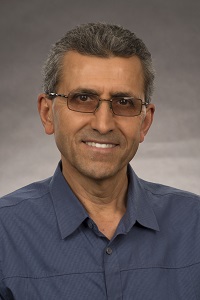
Arya Ebrahimpour
Ph.D., P.E. - Professor and Director of M.S. Program in Civil Engineering
Office: Colonial Hall 224
Dr. Ebrahimpour received his Ph.D. in Civil Engineering (structures) from the University of Idaho in 1987. His research interests include experimental and analytical studies in structural vibrations, applications of advanced materials in structural engineering, and structural seismic risk assessment.
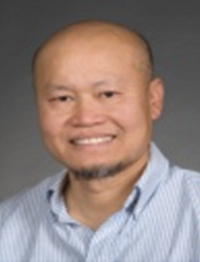
Solomon Leung
Ph.D., P.E. - Professor, Coordinator, Environmental Engineering Program
Office: Colonial Hall 219
Dr. Leung received his Ph.D. in Civil & Environmental Engineering in 1989 from the University of Iowa. His research interests include physicochemical treatment processes, environmental systems modeling, environmental risk assessment, biotechnology, and nanotechnology.
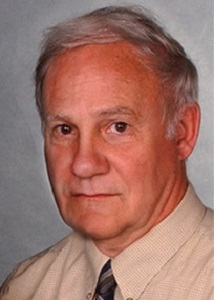
James Mahar
Ph.D., LPG, PG, PHG - Senior Lecturer
Office: Colonial Hall 9
Dr. Mahar has had 30 years of experience as a geotechnical consultant on projects such as tunnels; bridge foundations; building foundations and damage; highways; air fields; levees; open cut excavations; soil and rock slopes; shafts; dredging; rock and soil excavations; lock and dam structures; and dams.
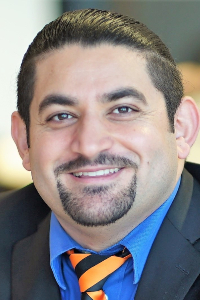
Mustafa Mashal
Professor, Special Advisor to the Vice President for Research and Economic Development, Director of Disaster Response Complex & Structural Labs
Office: Center for Advanced Energy Studies 286, Colonial Hall 218
(208) 282-4538
Dr. Mashal received his Ph.D. in Civil Engineering from the University of Canterbury in New Zealand in 2015. His research interests include structural/earthquake engineering, concrete materials and structures, bridge engineering, low damage seismic technologies, large-scale testing, and topics related to energy and critical infrastructure.
Associate Director of CAES, Director of Disaster Response Complex
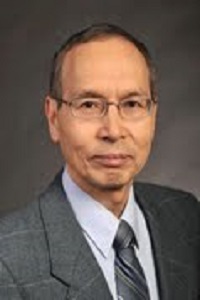
Chikashi Sato
Ph.D. - Professor, Director of Environmental Science and Management
Office: Colonial Hall 6
Dr. Sato received his Ph.D. in 1981 from the University of Iowa. His research interests include microbial fuel cells, water treatment (disinfection, photolysis, sonolysis), and water quality modeling.
Guest Editor - special issue "Microbial Fuel Cells, 3rd Edition" for the journal Energies
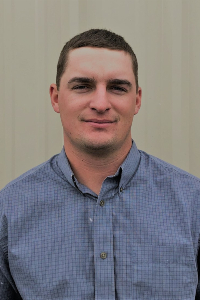
Jared received his B.S. in Civil and Environmental Engineering in 2018 from Idaho State University. His research interests include large-scale testing, emergency response, bridge engineering, energy dissipation, precast concrete, prestressed concrete, Accelerated Bridge construction and hydraulic structures.
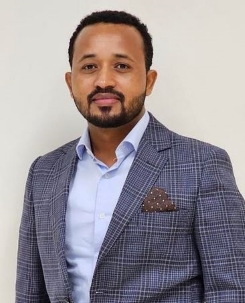
Tadesse Wakjira
Ph.D. - Postdoctoral Researcher (CAES) and Adjunct
Office: Colonial Hall 218
Dr. Wakjira received his Ph.D.s in Civil Engineering from The University of British Columbia (UBC) in 2024 and Qatar University in 2022. His research focuses on enhancing the sustainability and resilience of critical infrastructure, with the aim of improving community resilience after extreme events, such as earthquakes. Dr. Wakjira employs a unified approach that integrates conventional approaches, including experimental, analytical, and numerical models, with emerging techniques like artificial intelligence (AI), machine learning (ML), deep learning, transfer learning, genetic programming, explainable AI, physics-informed ML, and multi-objective optimization algorithms.

